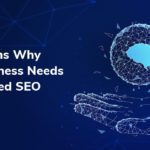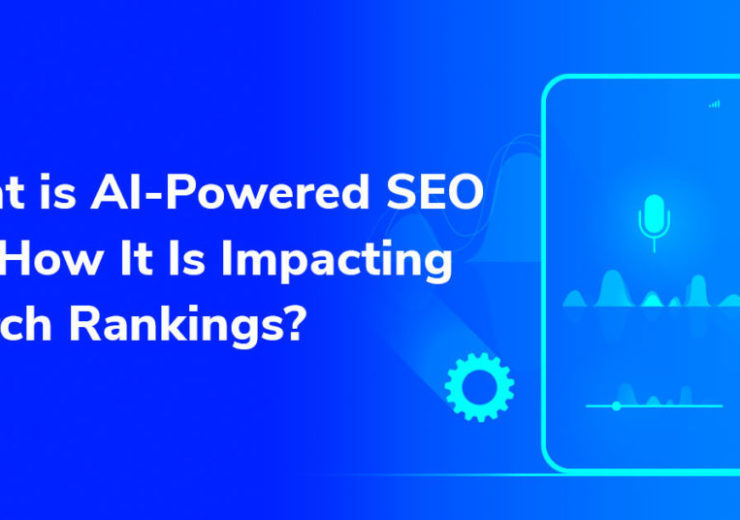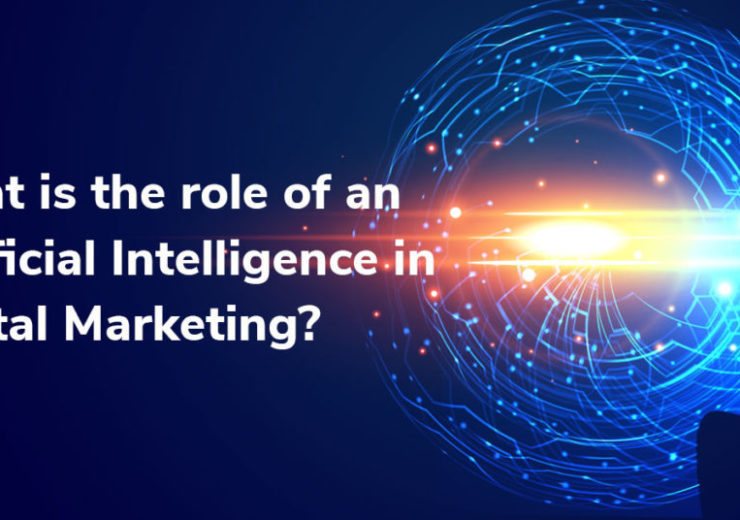How B2B Marketing is Changing With AI
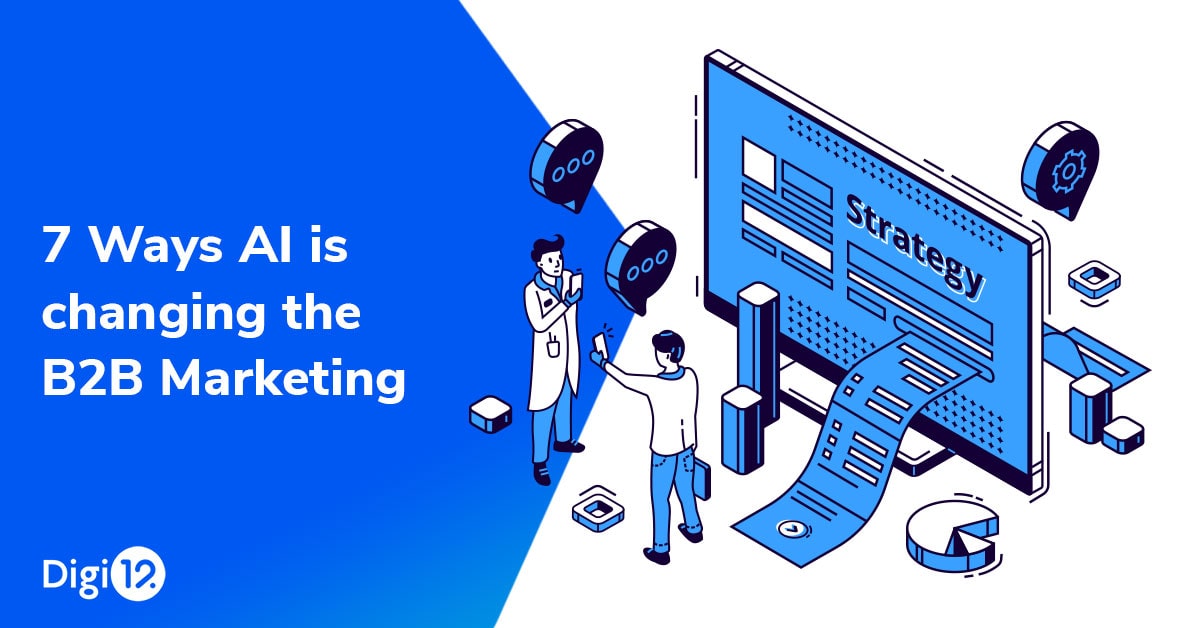
From identifying a target audience to providing customer support, there are enormous ways how B2B marketing is changing with AI. Whether you are a customer-facing brand or providing business services to enterprises, you need AI to gain a competitive edge.
AI, sometimes also mixed with Machine Learning can process large and complex data to yield meaningful insights out of it in seconds. And due to this characteristic only, AI can be a real game-changing for B2B Marketing. As a B2B Marketer or company, now you should be asking how you can leverage AI to help your business grow rather than asking why.
With the use of AI, you can take a data-driven approach to your B2B marketing. AI will not just help you identify potential businesses or clients but also can automate many of your time-consuming and human dependable business processes. This is just a tip of the iceberg, below are 7 more ways AI is changing B2B Marketing:
1. High-quality Lead Generation
AI can process a large amount of data and identify similar patterns out of it. And every business has some similarities in their existing clients’ problems and the solution they are looking for to solve the same.
As per ThinkWithGoogle, 90% of B2B researchers who are online use search specifically to research business purchases.
To start taking the real advantage of AI, you need to first have your business data ready. This data can be of existing clients and prospects who shown interest in your business offerings to build a customer profile and generate high-quality leads.
2. Conversion Rate Optimization
Another benefit of AI is that it can analyze the behavior pattern of website visitors and identifies steps taking which visitor becomes your prospect.
When it comes to measuring the success of AI, the survey found that AI helps B2B marketers get a 52% higher conversion of leads.
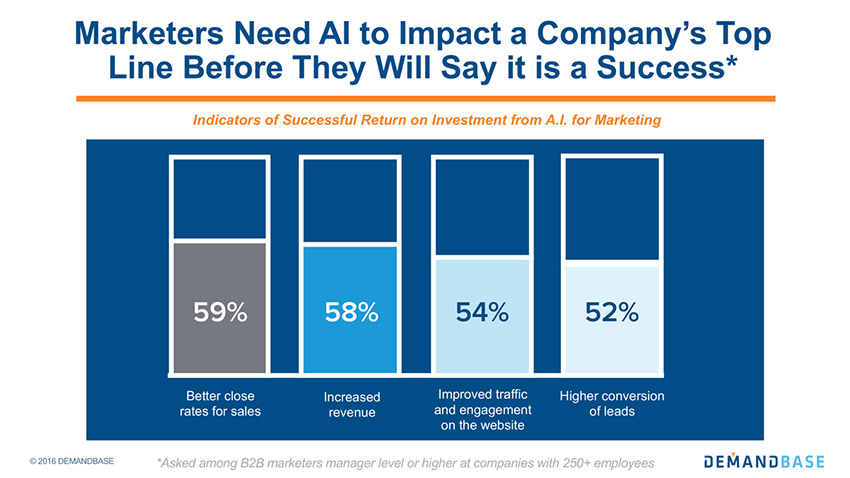
Using behavior data AI can tell you which type of content or marketing message works well at which stages of the customer journey. By using these insights you can optimize the content of your website and increase the overall conversion rate of your lead generation campaigns.
3. Personalized Messaging
As per the study, 79% of organizations that exceeded revenue goals have a documented personalization strategy.
Many such studies have proven that consumers are more tend to engage and convert if they see personalized and relevant content. Personalization not just helps increase prospects’ engagement but also build their trust for your company and thus higher chances to convert.
AI can help you identify users based on their behavior and past engagement with your company. Using this data you can personalize your campaign messaging and show only content which they were interested or engaged with in the past.
4. AI-Powered Content Marketing
Content marketing has proven to be successful in terms of generating more qualified and relevant leads. As it is all about educating and facilitating prospects with content or information related to their problems.
According to the 2019 B2B Content Marketing Research, 68% of all B2B marketers say they’ve used content marketing successfully to build credibility with their audience.
Artificial Intelligence (AI) can analyze customer intent and starting to complement their actions with meaningful content. Using AI, you can provide real-time content suggestions based on which stage of solving a problem they’re on and leading them to take the next actions.
5. Automate Customer Communications
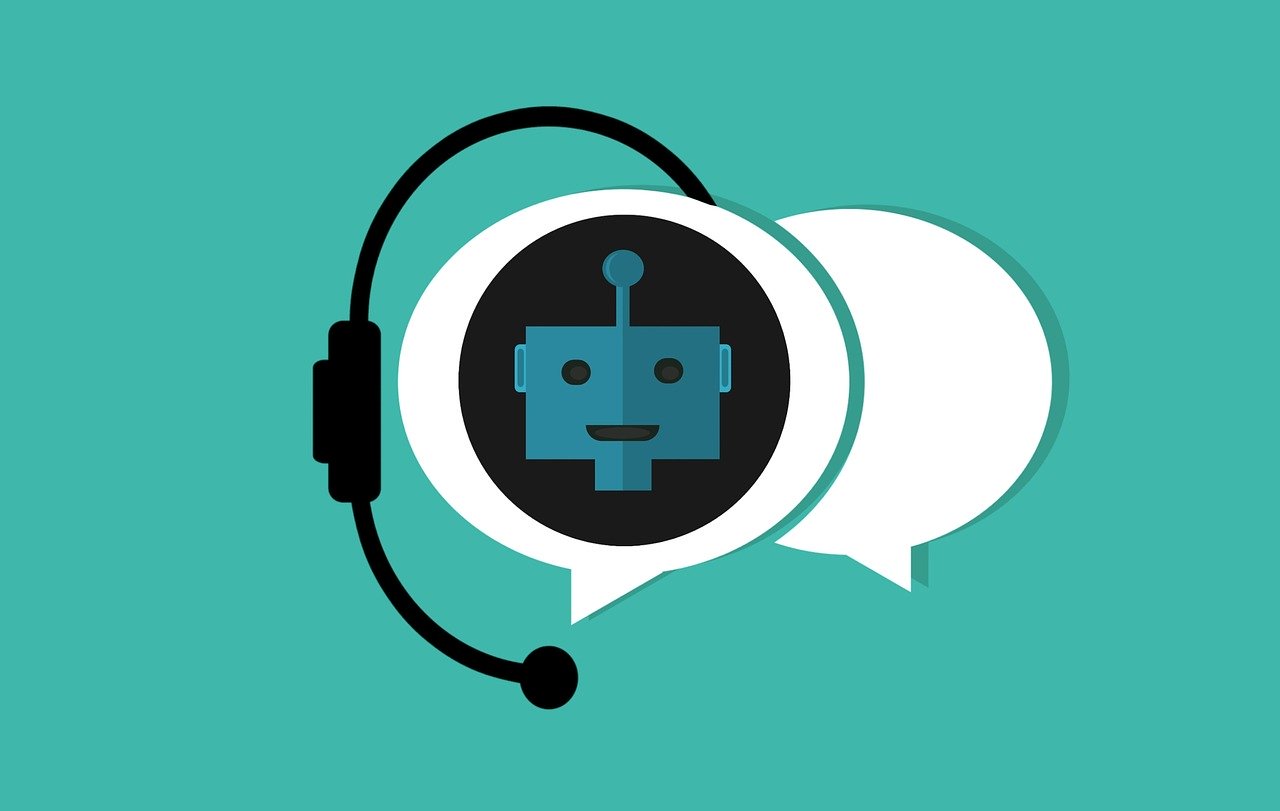
Chatbots are undoubtedly widely used and easier to implement application of AI technology. Chatbots can provide a humanly sounded conversation window for your business and that’s too 24x7x365!
As per the report, 64% of internet users say 24-hour service is the best chatbot feature.
AI-powered chatbots are needed to be trained and fed with answers to the set of questions you must have identified from past customer interactions. Chatbots not just helps automate your customer support but also qualifies leads by understanding customer needs saving lots of time for the sales team.
6. Data-Driven B2B Marketing
For businesses, their data is fuel but only when it’s been rightly used. Business data can reveal many surprising details about your clients and business processes.
In a survey 90.7% of US ad and marketing professionals said they segment data to better target and engage the addressable customer —or B2B—audiences.
Using AI, you can store, retrieve, and interpret the complex business data and keep yielding meaningful insights out of it. Which you can take into consideration for developing or optimizing your B2B marketing strategy with a data-driven approach.
7. Measuring B2B Marketing Metrics
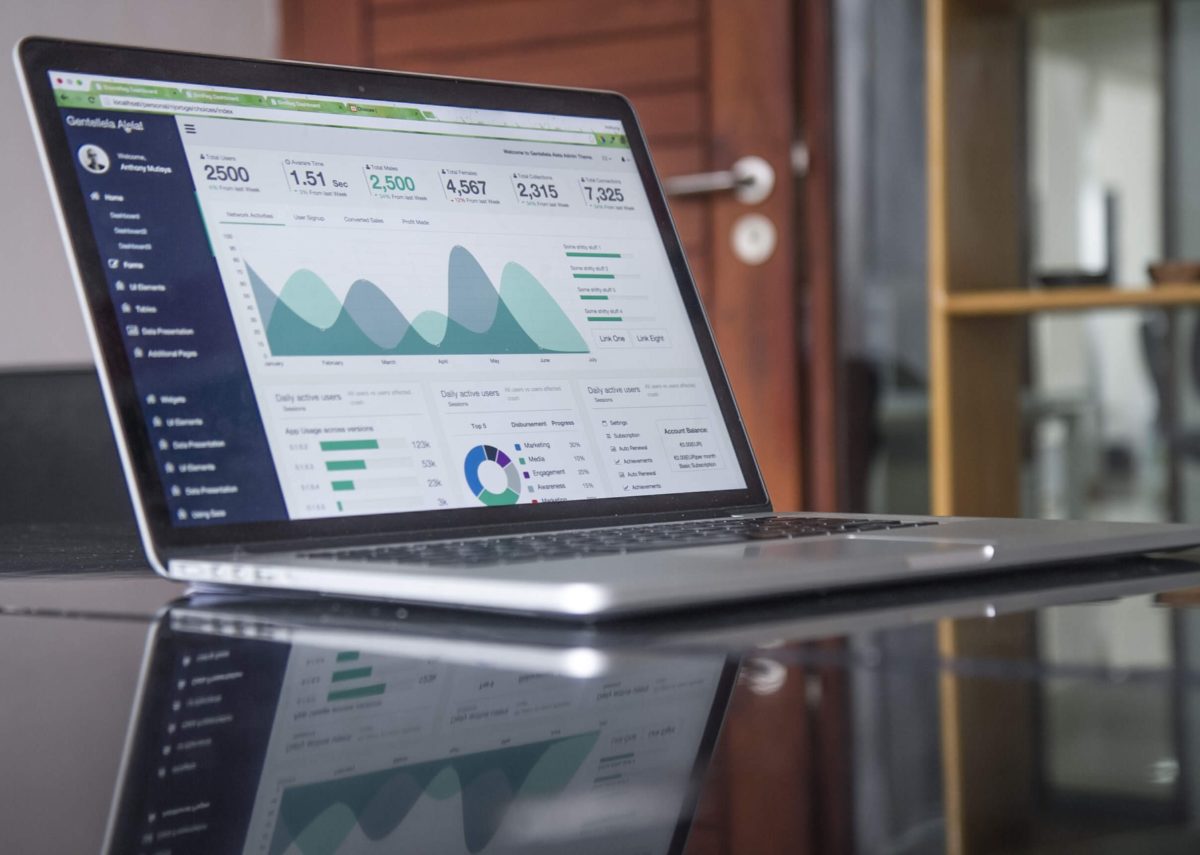
For B2B marketers or companies, it’s very important to know if their current marketing efforts and investments are fruitful to their business or not. And to determine the true ROI of B2B marketing you need to track, analyze, and compare important metrics with past results.
AI-powered marketing tools and platforms with intuitive analytics dashboards help you view marketing campaign data along with meaningful insights in real-time. This will help you to make informed decisions for aligning B2B marketing strategy with your business goals.
Outlines: How B2B Marketing is Changing
AI can transform B2B marketing for your business exponentially. Be it optimizing content marketing strategy to get more qualified leads or automate support channels using chatbots even if the sales team is offline.
Artificial Intelligence has the potential to deliver a relevant and personalized experience to your clients and prospects at scale. Leveraging AI in B2B marketing has more become a necessity than an option in this modern age of marketing.
Also, your business data shouldn’t be just stored in MIS but help you analyze past results, track current efforts, and make informed future decisions. You can start making the right use of your business data today by taking an AI and data-driven approach to B2B marketing.
Schedule a free 30-minute consultation call with me today to learn how you can improve your B2B marketing campaigns.

